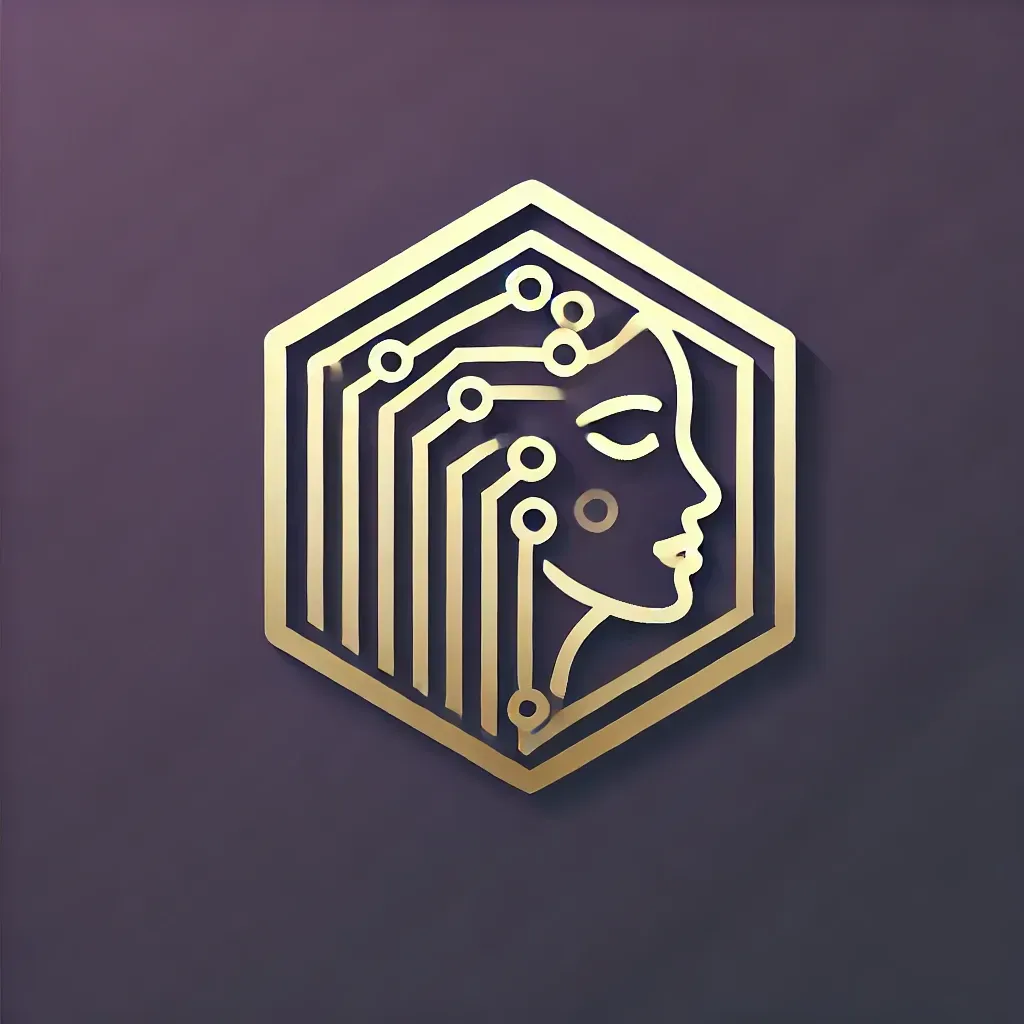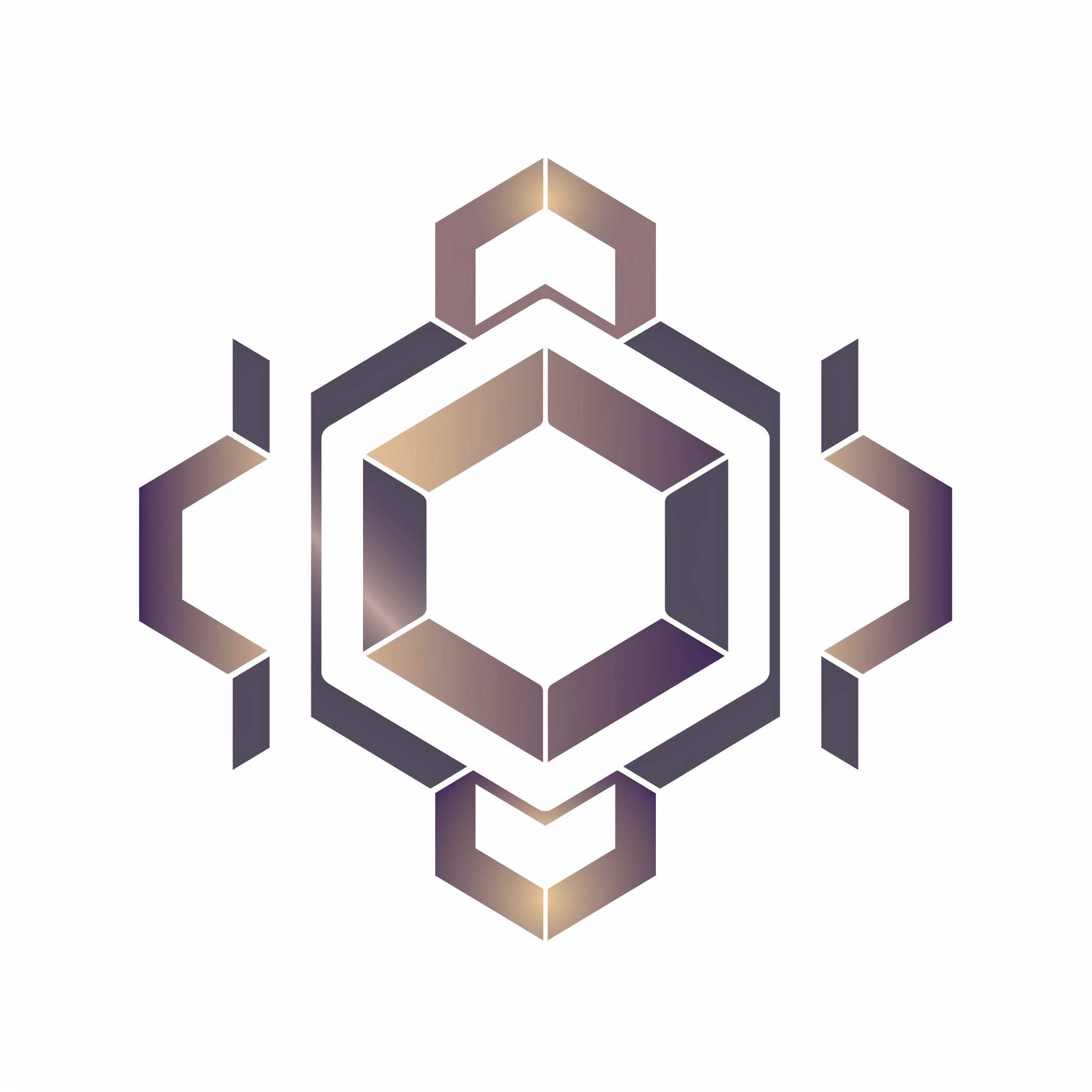
Unlocking the Secret to No-Show Reduction in Spas: AI Reminders That Work
No-shows in spas not only lead to a loss of revenue but also disrupt scheduling and reduce overall efficiency. Leveraging AI for appointment reminders is emerging as a powerful solution to mitigate this problem. This article explores how AI-driven reminders can significantly reduce no-show rates in spas, enhancing both operational efficiency and customer satisfaction.

The Problem of No-Shows
No-shows can severely impact a spa’s bottom line. According to a study by Klara, no-show rates can cause significant financial losses and inefficiencies. For instance, practices using traditional reminder methods experience suboptimal use of staff time, increased waiting times, and lower patient satisfaction (Providertech). This problem is not unique to healthcare but extends to spas where appointment adherence is crucial for maintaining operational flow and customer satisfaction.
AI Reminders: An Overview
AI reminders utilize advanced technologies like natural language processing (NLP) and machine learning to create more effective and personalized communication strategies. These systems are designed to understand and adapt to individual client behaviors, preferences, and patterns, making them significantly more effective than traditional reminder systems.
Text Message Reminders
Text message reminders are a foundational element of AI-driven solutions. Studies have shown that text message reminders can reduce no-show rates by up to 38% (Klara). The immediate and direct nature of text messages ensures higher engagement and recall, making them a potent tool in the fight against no-shows.
Conversational AI
Conversational AI takes text message reminders a step further by incorporating interactive elements. This technology allows clients to interact with the reminder system, ask questions, reschedule appointments, or confirm their attendance through a simple conversation. This not only enhances convenience but also increases the likelihood of appointment adherence. Providertech highlights that conversational AI can reduce no-show rates by up to 70% (Providertech).
Integration with Existing Systems
AI reminder systems can seamlessly integrate with existing Electronic Health Records (EHR) and Customer Relationship Management (CRM) systems. For example, Klara integrates its automated messaging with EHR systems, allowing for a unified communication platform that simplifies appointment management and client follow-up (Klara).
Case Studies and Success Stories
Urban Health Plan
Urban Health Plan (UHP) implemented an AI module from eClinicalWorks and saw a no-show reduction of more than 50%. This significant improvement was attributed to the personalized and timely nature of the AI-driven reminders. Additionally, offering virtual options during reminder calls and following up after no-shows contributed to this success (Healthcare IT Today).
Salina Ortho
Salina Ortho's adoption of Klara's text message reminder system led to improved front desk efficiency and reduced no-show rates. The automation of reminder messages and the ability to confirm, reschedule, or cancel appointments via text streamlined their appointment management process (Klara).
Best Practices for Implementing AI Reminders
Personalized Messaging
Personalization is key to the effectiveness of AI reminders. Messages should include specific details about the appointment, such as the date, time, location, and the service provider's name. Personalized reminders resonate more with clients, making them more likely to adhere to their appointments (Providertech).
Frequency and Timing
The timing and frequency of reminders are crucial. Overloading clients with reminders can be counterproductive. A good practice is to send an initial reminder a week before the appointment, a follow-up reminder three days before, and a final reminder the day before the appointment. This strategy ensures that the appointment stays top of mind without becoming intrusive (Providertech) (Klara).
Client Preferences
Respecting client communication preferences enhances the effectiveness of reminders. Allow clients to choose their preferred method of communication—whether it's text, email, or phone call—during their initial appointment booking. Periodically updating these preferences can also help maintain high engagement levels (Providertech).
Follow-Up on No-Shows
Following up on missed appointments is as important as sending reminders. A quick follow-up can help reschedule the appointment and understand the reason behind the no-show, providing insights that can further refine the reminder strategy (Healthcare IT Today).
Conclusion
AI-driven appointment reminders represent a transformative approach to reducing no-shows in spas. By leveraging text messages and conversational AI, spas can significantly improve appointment adherence, operational efficiency, and customer satisfaction. The integration of these advanced technologies into existing systems and the adoption of best practices in personalized communication and follow-up can unlock the secret to a more reliable and efficient spa service.
Implementing AI reminders is not just a technological upgrade; it is a strategic move towards better client management and enhanced service delivery. As the spa industry continues to evolve, embracing AI-driven solutions will be essential for staying competitive and meeting the ever-increasing expectations of clients.
HOW TO TAKE ACTION:
Hexona Systems is a robust CRM platform that allows for extensive automation to manage appointments and reduce no-show rates effectively. Here's a general checklist to help you set up the necessary workflows:
1. Set Up Initial Configuration
Import Contacts: Import your client list into Hexona Systems.
Create Appointment Types: Define different types of appointments with specific durations and requirements.
Set Up Calendar: Sync your calendar with Hexona Systems to manage appointments seamlessly.
2. Automate Appointment Reminders
Email Reminders Workflow
Trigger: Set a trigger for the workflow to start when an appointment is booked.
Action: Send an initial confirmation email including appointment details (date, time, location, service provider’s name).
Follow-Up Emails: Schedule follow-up emails to be sent three days and one day before the appointment.
Personalization: Ensure emails are personalized with the client's name and specific appointment details.
SMS Reminders Workflow
Trigger: Similar to email reminders, set a trigger for SMS reminders when an appointment is booked.
Action: Send a confirmation SMS immediately after booking.
Follow-Up SMS: Schedule SMS reminders for three days and one day before the appointment.
Interactivity: Include options for clients to confirm, reschedule, or cancel directly through SMS.
3. Implement Conversational AI for Reminders
AI Chatbots
Setup: Integrate AI chatbot services that can interact with clients through text messages or in-app chat.
Functionality: Allow clients to ask questions, confirm, or reschedule their appointments via the chatbot.
Response Management: Automate responses for common queries and ensure the chatbot can handle multiple types of interactions smoothly.
4. Follow-Up on No-Shows
Post-No-Show Workflow
Trigger: Start this workflow when an appointment is missed.
Immediate Follow-Up: Send an SMS or email within an hour of the missed appointment, offering an easy way to reschedule.
Subsequent Reminders: Schedule additional reminders for rescheduling one day and three days after the no-show.
Personal Contact: Include an option for a personal call if the client does not respond to automated reminders.
5. Offer Multiple Communication Channels
Email Campaigns: Regularly engage clients with newsletters and updates, reminding them of the ease of booking and rescheduling appointments.
SMS Campaigns: Use SMS for quick, engaging updates and reminders about the importance of keeping appointments.
Voice Reminders: Set up automated voice calls for clients who prefer phone reminders. These can be interactive, allowing clients to confirm or reschedule via phone keypad.
6. Client Preferences and Feedback
Communication Preferences Survey
Survey Setup: Create a survey to collect clients’ preferred methods of communication (email, SMS, phone call).
Integration: Integrate survey results into your client profiles in Hexona Systems to tailor communications accordingly.
Feedback Collection
Post-Appointment Survey: Send a feedback survey after each appointment to gather insights on the client’s experience.
Continuous Improvement: Use the feedback to improve reminder workflows and client communication strategies.
7. Monitor and Optimize Workflows
Track KPIs: Monitor key performance indicators like no-show rates, client response rates, and rescheduling frequencies.
Regular Reviews: Periodically review and analyze the effectiveness of your reminder workflows.
Optimize: Make data-driven adjustments to improve workflow performance and client engagement.
8. Integrate Additional Tools
CRM and EHR Systems: Ensure Hexona Systems is integrated with other essential systems for seamless data flow and comprehensive client management.
Appointment Booking Platforms: Integrate online booking tools to streamline appointment scheduling and automate reminders from the booking stage.
9. Offer Incentives for Keeping Appointments
Loyalty Programs: Implement a loyalty program rewarding clients for punctuality and appointment adherence.
Promotional Offers: Provide discounts or special offers to clients who consistently keep their appointments.
10. Educate and Train Staff
Staff Training Sessions: Conduct regular training for staff on how to use Hexona Systems and manage automated workflows effectively.
Create a Manual: Develop a user manual for staff to reference when handling client appointments and using automation tools.

